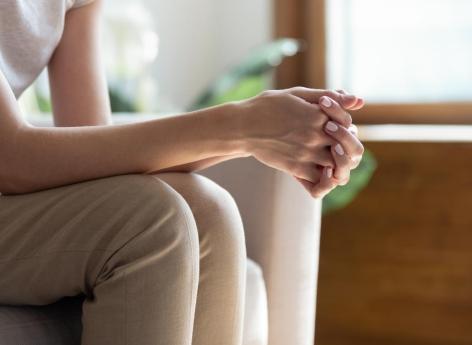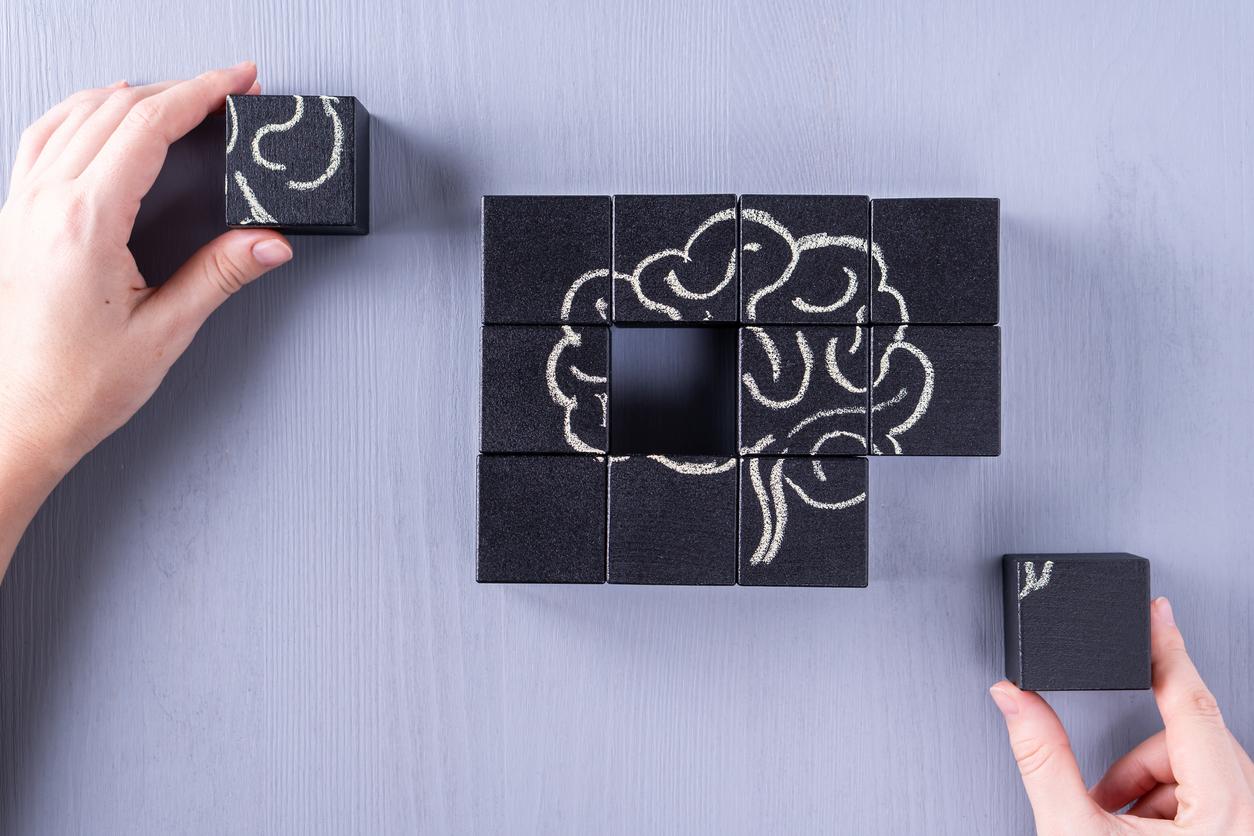For some people, the little annoyances of everyday life can really ruin their lives. Meg Arroll, psychologist and doctor of psychology, explains to us how to spot them and deal with them.

Why doctor – You have just published the work entitled “Overcoming these little traumas that undermine our daily lives” at First Editions. Why did you write this book?
Meg Arroll – I wrote this book to broaden the scope of mental health care, a necessity that I understand every day in my professional practice.
Over the last few decades, the question of the impact of trauma on daily life has indeed emerged, but research has mainly focused on major shocks rather than on the cumulative effect of more banal life experiences. no less significant.
What is a “small trauma”?
What is the difference between “minor trauma” and “major trauma”?
Major traumas refer, for example, to sexual abuse, violent attacks, war or even natural disasters. We now know that these events can cause significant mental and physical problems. However, not everyone who presents with these types of problems has had these extreme experiences. It is in this “shadow zone” that minor traumas become anchored.
Do you have concrete examples of “small traumas”?
Minor trauma can present in many forms and at all stages of life. This last point is important because we often focus our attention on the influence of early experiences when what we go through later can also change our perception of ourselves and the world.
In childhood, a poor relationship with those who care for us can, for example, constitute a form of low-level trauma, because the feeling of not fitting in within one’s family can influence our feelings and behavior throughout life. of our lives if he is not identified.
Concerning the friendly sphere, bullying and marginal humiliation from a loved one can also constitute a minor shock, just like the end of an essential relationship (we tend to have an unrealistic vision of the nature and duration of this type of links).
Finally, microaggressions at work can also, if repeated, be experienced very badly and have short and long term consequences.
“Small traumas” can have many consequences
What can be the consequences of small traumas?
All these negative experiences can lead to various problems, such as difficulty attaching to others, managing transitions and moving forward in life, loss of self-confidence, anxiety, maladaptive perfectionism, calibrated overeating. on emotions or the development of imposter syndrome.
Do minor injuries affect everyone the same way?
No, minor trauma does not affect everyone the same way. This is why we must strive to listen without judgment to what others tell us about the impact of their life journey and experiences.
For what ?
Some people have already developed coping mechanisms for particular challenges and therefore have the tools to deal with minor trauma, but this is not the case for everyone. In addition, we all have different levels of social support, in quantity and quality, which can help us to a greater or lesser extent to overcome the annoyances of life.
For many, switching to a more personalized form of psychological support is therefore justified in the event of minor traumas.
How to overcome “small traumas”?
To overcome the small traumas of daily life, you suggest using “the AAA method”. Can you explain to us what this therapy consists of and what its objective is?
The AAA approach is inspired by different areas of psychology and is carried out in three stages.
The first “A” means “awareness”. At this stage, we uncover with the patient his constellation of small traumas and the way in which they can negatively influence daily life.
The following “A” refers to “acceptance”. This is often the part of the process that people skip because it can be uncomfortable or even painful.
The last “A” represents “the action”. My approach is indeed future-oriented, so I push my patients to intentionally take concrete steps to create the life they want.
This whole process contributes to strengthening our “psychological immune system”, which allows us at the end of therapy to better face future difficulties thanks to new “emotional antibodies”.
Are there other exercises and/or routines that can be implemented daily to help deal with minor trauma?
Here are some of my favorite techniques.
1/ Generate emotions with music
It is essential to allow ourselves to feel our emotions, even those that have been deemed socially unacceptable. To do this, compose and regularly listen to a compilation of songs that make you feel a range of feelings, from joy to sadness, elation to melancholy and everything in between.
2/ Create a compliment jar
We are often far too hard on ourselves and tend to ignore, dismiss or simply disregard compliments. To counteract this bad habit, find an empty jar and label it “compliment box” with your name. The next time someone congratulates you on a job well done, thanks you for a kind gesture, or even if you survived a particularly difficult day, write down these experiences on small pieces of paper and add them to your container. Then, at the end of the week (or even sooner if you need a boost), review your notes and let the praise wash over you.
3/ Invest in all forms of rest
We often view sleep as the only restorative practice in our lives, when rest is just as important.
There are indeed many forms of downtime that are wise to invest in, including physical, mental, social, emotional, creative, spiritual and sensory.
“Small traumas”: when should you consult a psychologist?
If all these methods do not work, should you consult a psychologist, and if so when?
If you are no longer able to carry out your daily activities (work, household chores, care, personal hygiene, etc.), if you have difficulty coping with the demands of society or if you have the impression that life is not worth living, do not hesitate to seek professional help.
However, I would like to take this opportunity to point out that it is not necessary to wait until you are overwhelmed by problems to consult. It is entirely possible to regularly see a therapist, a coach or a psychologist preventively with the aim of knowing ourselves better, learning emotional regulation strategies, improving our relationships, achieving goals, develop coping mechanisms, better manage stress or transitions and thus enjoy life to the fullest.

















